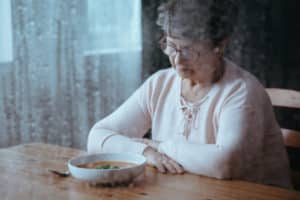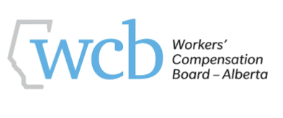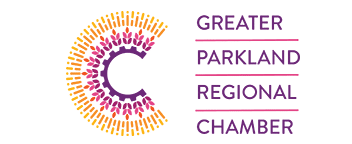World Elder Abuse Awareness Day is June 15th. We all have a role to play in protecting our elderly and recognizing the signs of Elder Abuse in our communities. Help raise awareness and advocate for others by educating yourselves on signs or possible indicators of Elder Abuse.
AEAAC (Alberta Elder Abuse Awareness Council states that “Canada’s fastest growing population is over the age of 65 and rapidly becoming vulnerable to abuse that can rob older adults of their well-being and dignity.”
World Elder Abuse Awareness Day is June 15th, working closely with our elderly and their families we feel it our duty to raise awareness of this issue for our vulnerable population. After researching the different types of abuse commonly found among our elderly, giving them each a name just wasn’t enough, we wanted to take a deeper look into some of the signs or indicators of what this may look like.
Possible Signs of Elder Abuse may include:
- unexplained injuries
- confusion
- depression/anxiety
- seeming more fearful when around certain individuals
- changes in hygiene
- excessive worry or fear when talking about money
Working with the elderly, we know that not all cuts and bruises equal physical abuse. As we age our skin thins allowing for bruising and tearing, even with the most common everyday tasks. In the right context, and with that said, excessive cuts, bruises and broken or dislocated bones not exactly matching the explanation could definitely trigger an inner alarm. A series of broken items in the home mixed with a new injury or multiple injuries in different stages of the healing process are also signs of physical abuse.
Indicators of emotional or psychological abuse could take shape in the form of anxiety, depression, agitation, anger, withdrawal from family or doing things that were once loved, and no longer wanting to go out or take care of themselves. Any change in condition or behaviour that happens suddenly and totally out of character.
A new Will, Power of Attorney, absent relatives now overly involved or even a random person that has now befriended, been kind and built trust with the elderly person and started to make financial moves. Unpaid bills or needs going unfulfilled. Pay attention to conversations you have with our elderly. You will hear about valuable items suddenly missing, money being borrowed. All of this can be signs of financial abuse.
Sexual abuse can lead to hospitalizations or need for medications. so probably the most underreported. Not wanting to be around or left alone with the abuser, seeming uncomfortable or fearful when the abuser is around, anxiety or agitation. Look out for infections, newly sexually transmitted diseases, bruising, bleeding or genitalia discomfort.
Some of our elderly have outlived their families and do not have any relatives or none that were very close up to this point. Making sure a senior is taken care of is our job as a society and something we at Serving Hands Senior Care are contracted to do. Neglect or self-neglect is one of those things that can at times be very perception based. Respectfully, we are dealing with a big chunk of the population that have learned to sacrifice bare necessities to survive, and even though they may have an argument as to why they do not need certain things, neglect and self-neglect are real and need to be addressed. Some signs include not keeping up with hygiene. Not taking care of teeth, hair or showering. Dirty looking or smelling clothing. Living in uninhabitable conditions, toilets and sinks not working. Not eating/weight loss, dehydration or not drinking to decrease having to use the restroom, dry or cracked lips and skin, not keeping up with medications or mis-managing medications. Not keeping medical appointments.
Stay alert and aware. If you feel like any of these indicators are present in your senior, ask questions.
You can reach out to the Alberta Government 24 hour Family Violence Info Line at 310-1818.
There are also resources and publications on the Alberta Government website at:
Elder abuse – Get help | Alberta.ca
- Using Personal Care at Home Can Help Keep Skin Healthy - October 21, 2024
- 5 Ways In-Home Care Helps Seniors Manage Chronic Conditions - October 4, 2024
- Five Ways Alzheimer’s Home Care Can Make Caregiving Easier - September 16, 2024









